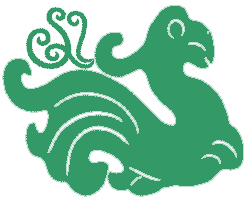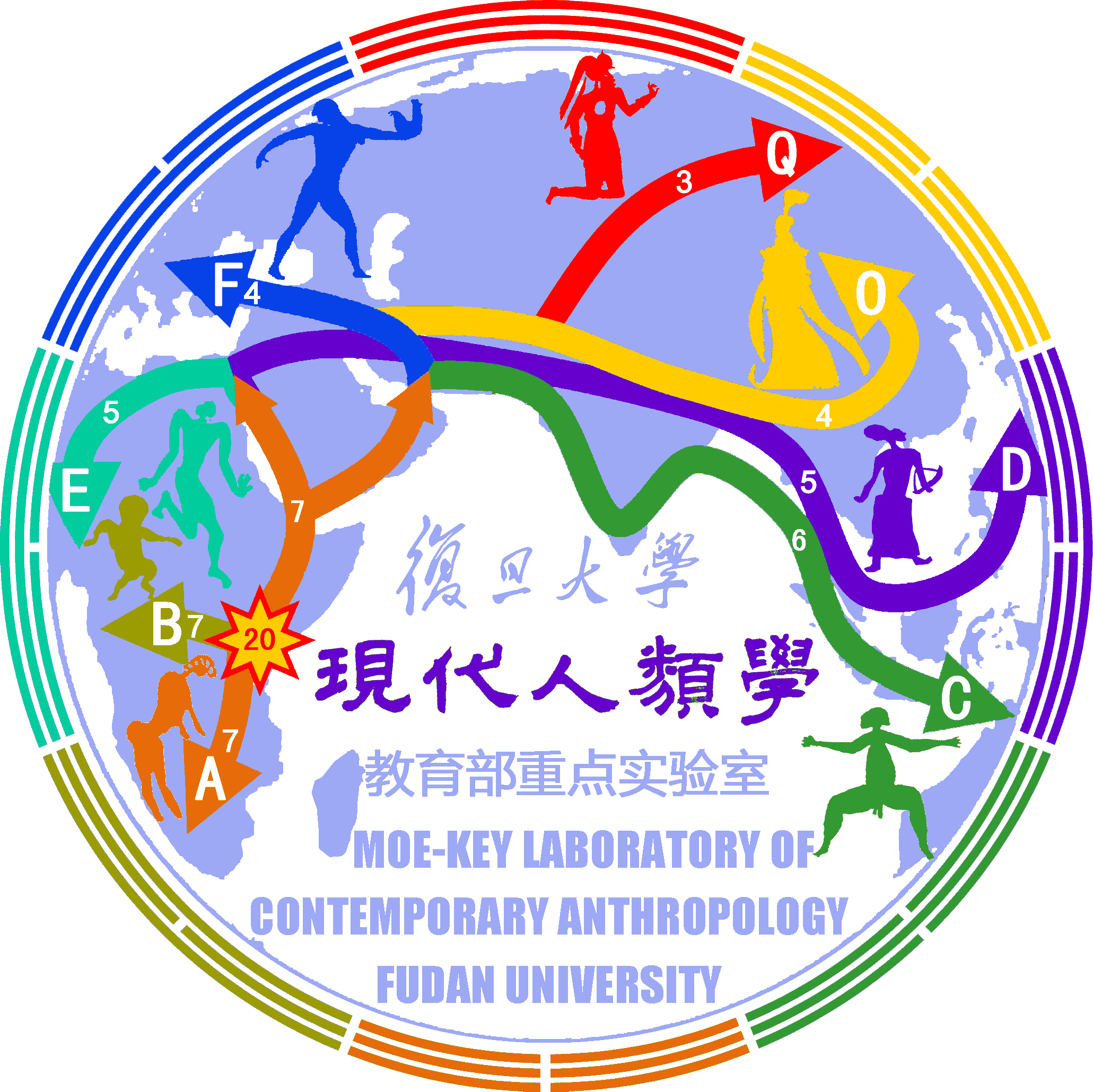 Hui LǏ, Ph.D. Professor,
Principal Investigator, PhD Student Supervisor,
Hui LǏ, Ph.D. Professor,
Principal Investigator, PhD Student Supervisor,
MOE Key Lab of Contemporary Anthropology, School of Life Sciences, Fudan University, Shanghai 200438 China
 Hui LǏ, Ph.D. Professor,
Principal Investigator, PhD Student Supervisor,
Hui LǏ, Ph.D. Professor,
Principal Investigator, PhD Student Supervisor,
MOE Key Lab of Contemporary Anthropology, School of Life Sciences, Fudan University, Shanghai 200438 China
李辉
教授,博士生导师
复旦大学 生命科学学院 现代人类学教育部重点实验室 主任
复旦大学生命科学学院本科、博士毕业(1996-2005),耶鲁大学医学院博士后、助理研究员(2005-2009),2009年任复旦大学生命科学学院副研究员、博导,2011年任教授。
现为复旦大学生命科学学院教授、博导,现代人类学教育部重点实验室主任,亚洲人文与自然研究院院士,复旦大同中华民族寻根工程研究院院长,中国人类学民族学研究会常任理事,中国人类学学会常务理事,上海人类学学会常务副会长。
以分子人类学为基础从事学科融合与组学水平的现代人类学研究,从DNA探索人类起源与中华文明肇始,被Science以《复活传奇》为题专版报道,应邀在联合国总部做文明起源报告。在Science、Nature、PNAS等期刊发表论文300多篇,揭示❶现代人出非洲起因于7万多年前多峇巨灾,❷现代人进入东亚分数批次,❸中华民族因为数个农业起源点而聚合形成,❹中华民族共同体起源于4千年之前五大主导家族的扩张融合,❺影像证实中医经络体系是人体细胞通道与植物次生代谢分子特异性结合的分布规律。
出版《Y染色体与东亚族群演化》《人类起源和迁徙之谜》《Languages and Genes in NW China and Adjacent Regions》《来自猩猩的你》《复旦校园植物图志》等自然科学著作,《岭南民族源流史》《我们是谁》等史学著作,《偒傣话——世界上元音最多的语言》《奉贤锦带书精选十二篇》等社会科学著作,《茶道经(译注)》《道德经古本合订》《二十四节气茶事》等哲学著作,《自由而无用的灵魂》《紫晨词》《茶多语》《谷雨》等文学著作,翻译过《夏娃的七个女儿》《我的美丽基因组》等科学名著。
Professor Hui Li, anthropologist on East Asia, gained bachelor and PhD degrees from Fudan University School of Life Sciences (1996-2005). After finishing postdoctoral training and research associate's work at Yale University in 2009, he started associate research professor and then became professor of human biology and anthropology at School of Life Sciences, Fudan University.
Now, Professor Li is appointed as the dean of MOE Key Laboratory of Contemporary Anthropology, dean of Fudan-Datong Institute of Chinese Origin, and academician of Asian Academy of Humanity and Nature (Macao). He is also trustee of the China Union of Anthropological and Ethnological Sciences, the Chinese Anthropological Society, and Executive Vice-President of Shanghai Society of Anthropology.
Professor Li is major in molecular anthropology, studying the origin of human populations and civilizations in East Asia. He demonstrated that East Asians originated in two migration waves from Africa. The Chinese Civilization was stimulated by the domestications of rice in the South and millet in the North. Three Sovereigns in early time of Neolithic Age were proved to be ancestors of half present Chinese males, whose mausoleums were even found. Human meridians of Chinese medicine circulating body fluid were photographed.
He published over 300 papers in SCIENCE, NATURE, PNAS, etc. and several books, including "Human Origin and Migration", "Y Chromosome and Diversification of East Asians", "Languages and Genes in Northwestern China and Adjacent Regions", "You Who Came from Apes", "Dônđäc: a Language with the Largest Vowel Inventory in the World", "Twelve Selected Poems of Brocade Belts from Fengxian", "Pictorial Flora of Fudan", "Ethnic History of Greater Canton", "Who We Are", "Yim-Yaŋ Canon of Tea", "Teas for Solar Terms", "Tao Te Ching: restored ancient text". He also translated the famous genetic story books like "The Seven Daughters of Eva", "My Beautiful Genome". Moreover, he has published many poetry anthologies, including "A Disengaged and Helpless Soul", "Zichen Chansons", "Tea Polyword", "Millet Rain", etc.
A report of Professor LI and his research of historical anthropology titled "Bringing Legends to Life" was published in SCIENCE intensively in 2016.
 主要研究方向(Research Interests)
主要研究方向(Research Interests)
分子人类学:人类遗传多样化、基因环境疾病协同进化、人体表型的基因关联。
历史人类学:文理交叉研究中华民族和文化的起源和发展。
药理人类学:中医表型的生理生化基础、药食归经的分子原理。
语言人类学:人类语言特征的多样化过程,语言与人群演化关系。
Molecular Anthropology : Diversification of Human Genomes; Co-evolution of genes, environment, and diseases; Genetic relevant of human phenomes.
Historical Anthropology: Cross studies on the origin and development of Chinese people and culture.
Pharmacological Anthropology: The physiologic and biochemical basis of Chinese medical phenotypes; Molecular mechanism of human meridian regulation.
Linguistic Anthropology: Diversification of human linguistic characters; Correlation between languages and genes.